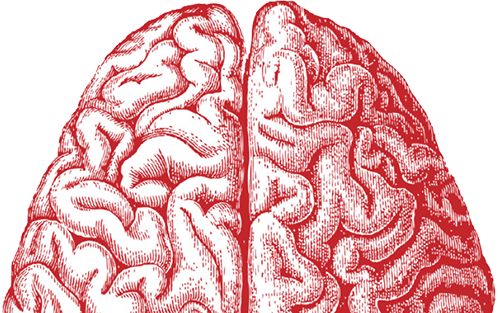Facts about Concussion
Adapted from CDC's website
What is concussion?
A concussion is a mild form of traumatic brain injury (TBI) caused by a bump, blow, or jolt to the head. Concussions can also occur from a fall or a blow to the body that causes the head to move rapidly back and forth. Doctors may describe these injuries as “mild” because concussions are usually not life-threatening. Even so, their effects can be serious. Understanding the signs and symptoms of a concussion can help you get better more quickly.What causes concussion?
Depending on your age, the primary cause of concussion can vary. In general, falls and car accidents account for a large proportion of injuries. Accidental or intentional hits in the head, as well as hits that occur during participation in sports or recreational activities, account for large numbers of head injuries each year as well.What should you do if you suspect you or someone with you has had a concussion?
Even though some symptoms, such as headache or dizziness, may be easy to identify after a hit in the head, the only person who can diagnose a concussion is a health care professional. Depending on the situation, you may call the person's general doctor, go visit an emergency room or urgent care center, or call 911. In general, it is always better to be "safe" by involving a doctor promptly after the suspected injury, than "sorry" because a more severe injury was not detected.What can you do to prevent a concussion?
Because a concussion is the result of strong forces acting on the squishy tissue of the brain, there is no way to prevent a concussion 100% of the time when you engage in activites. The more important goal is to minimize these forces by wearing an appropriate and well-fitted helmet during sports and in high risk situations (e.g., during construction), learning to participate in sports and recreational activities with correct technique, and minimizing exposure to risk of strong hits to the head or body (e.g., drive safely). To learn more about helmet fit, selecting the right helmet for your activity, and new innovations in head protection, visit Helmets.orgWhat happens if you've had a concussion?
After a concussion, you may experience many kinds of symptoms, such as dizziness, headache, sensitivity to light or sound, frustration, irritability, difficulty concentrating, or difficulty thinking of the right word in conversation. The most common duration of concussion symptoms is debated, but a recovery time of 14 - 30 days is common for most people. If your symptoms are not improving, or are worsening, during this timeframe, you should see your doctor or a concussion specialist. However, many people find they can comfortably rejoin limited activities sooner than that, and an individual plan for returning to school, work, sports, or recreational activities, is something that you should develop in partnership with your doctor. Some people continue to experience difficulties in thinking, concentrating, finding the right words, or participating in conversation after they return to their typical activities and other symptoms have resolved. In this case, a person may benefit from an evaluation from a speech-language pathologist, who can assess these demands, identify the skills needed, and provide tools for improvement in thinking and language.If you would like to schedule an evaluation by a speech-language pathologist, click here to contact the clinic at the University of Maryland.

